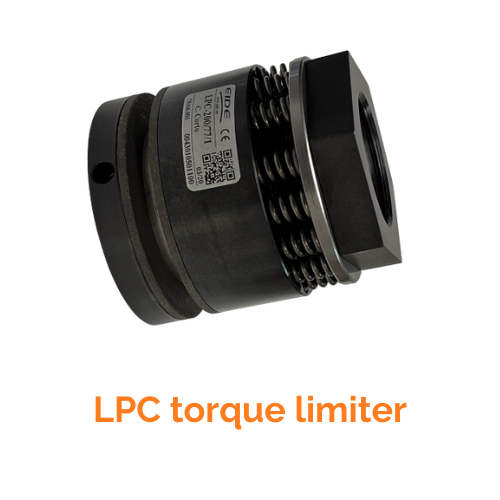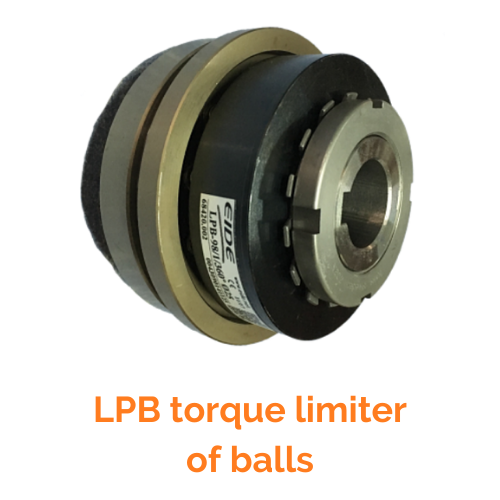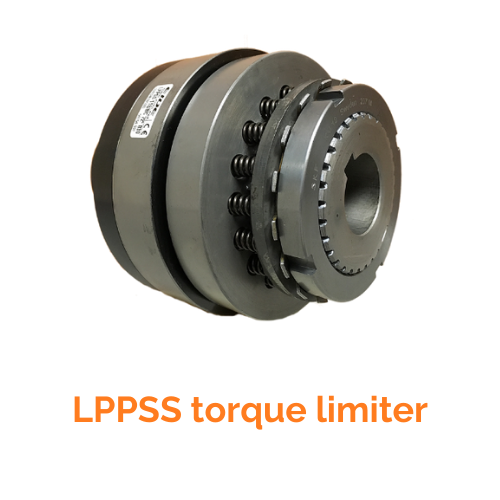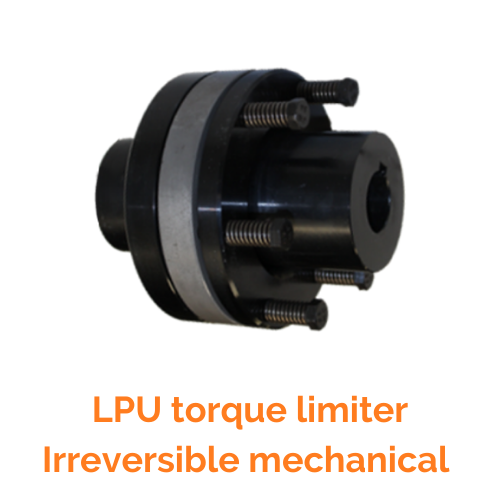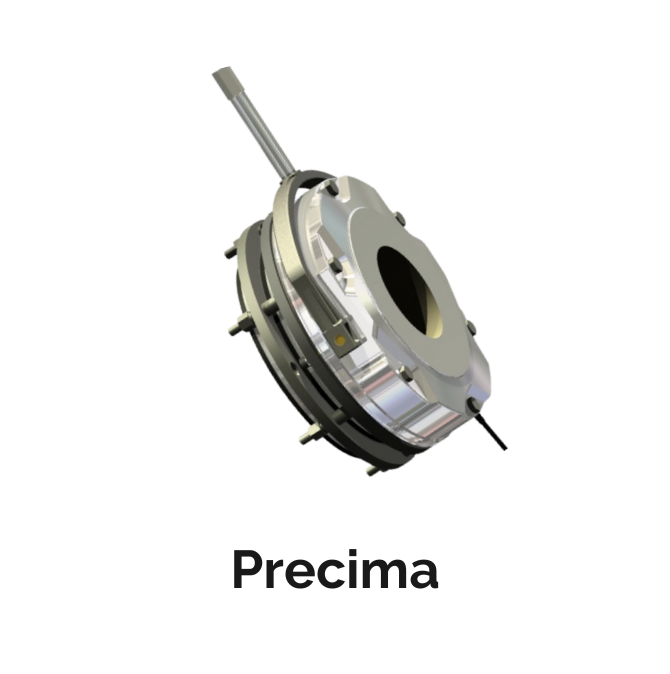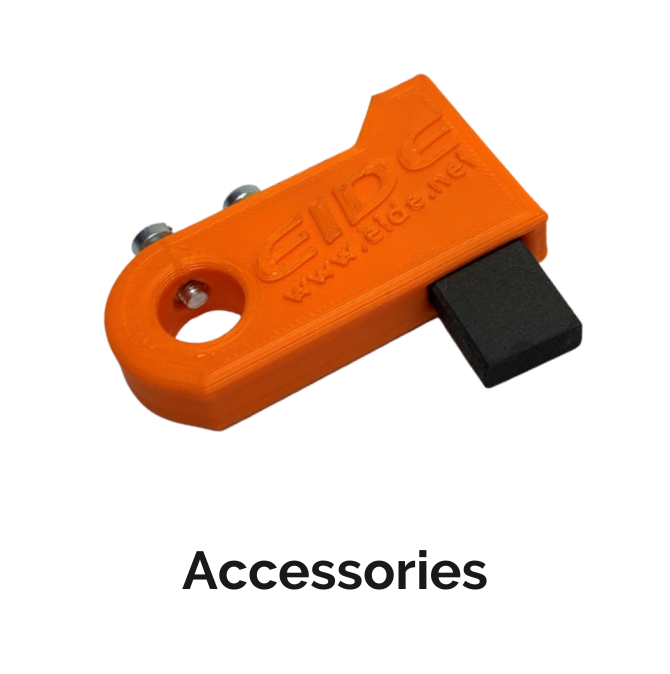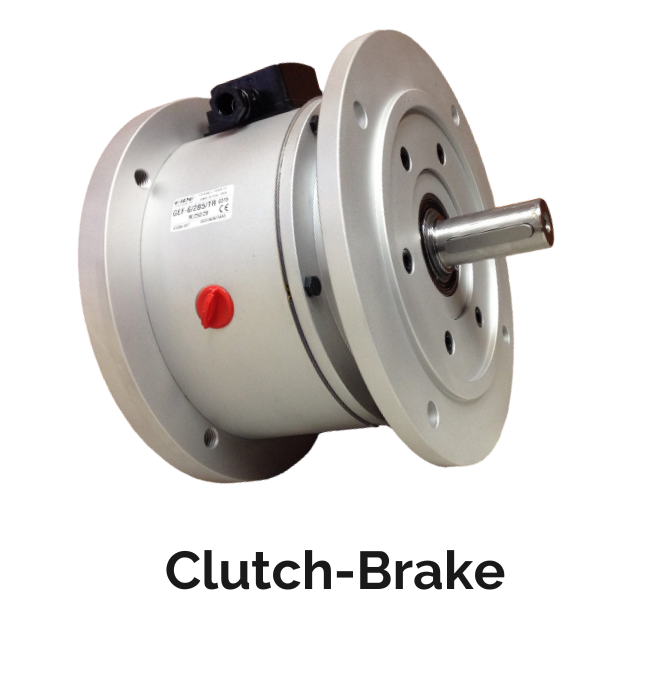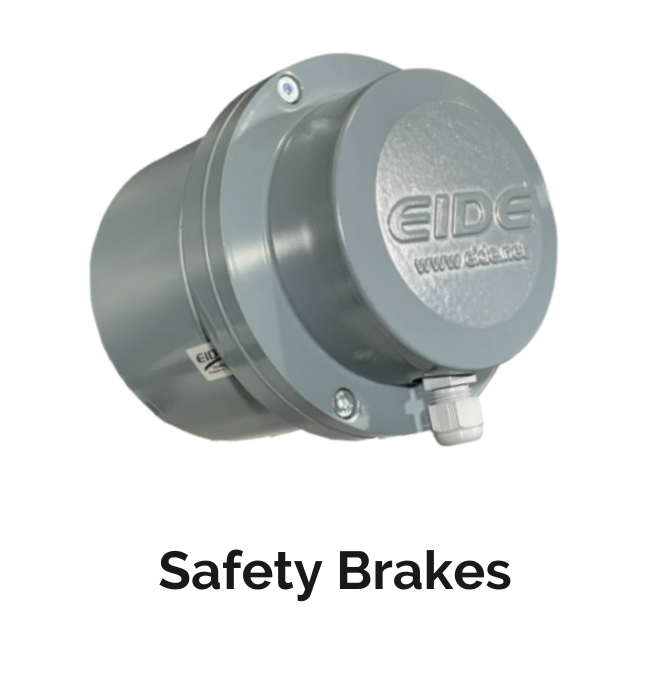Torque limiters
Torque limiters are essential devices for the protection of machines and the safety of people working with them.
These devices are placed between the driving element and the driven element to prevent stresses above the preset value from being transmitted, thus protecting the components and preventing possible damage.
Benefits and applications of mechanical torque limiters:
– Component protection: Torque limiters prevent excessive stresses from being transmitted to driven components, protecting them from damage and extending their service life.
– Occupational safety: By limiting torque and preventing overloads, these devices help to reduce the risk of
accidents in the working environment, ensuring the safety of people.
– Wide application: Mechanical torque limiters are used in various types of machines, from industrial machinery to transport equipment, where overload protection is essential.
Types of mechanical torque limiters:
- LPC torque limiter: Known as mechanical “fuses”, these devices are designed to absorb overloads on any machine. They act as safety mechanisms by limiting torque in both directions of rotation.
- LPB torque limiter: This safety device is specifically used to protect mechanical systems from overload damage. Its design includes balls that move in a cavity to detect and absorb excess
torque, thus preventing possible malfunctions. - LPPSS torque limiter: This type of torque limiter provides an additional loss-of-synchronism detection function. By installing a microswitch, it can generate an electrical signal to stop the
transmission if misalignment or lack of synchronisation is
detected. - Irreversible mechanical torque limiter LPU: Similar to the LPC torque limiter, this mechanism also acts as a mechanical “fuse” to absorb overloads. However, it differs in that it only limits torque in one direction of rotation, providing unidirectional protection.
At EIDE, we focus on delivering high-quality and durable products, with a focus on customer satisfaction.
If you need more information about these devices or any other industrial component, do not hesitate to contact our technical team to make sure you are using the safest and most efficient systems in your workplace.
Fecha:
20/06/2022


